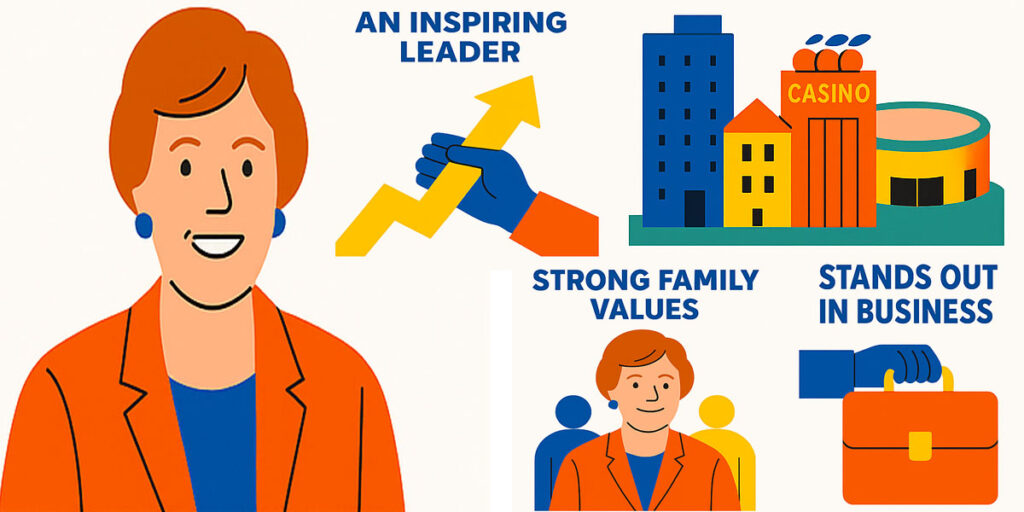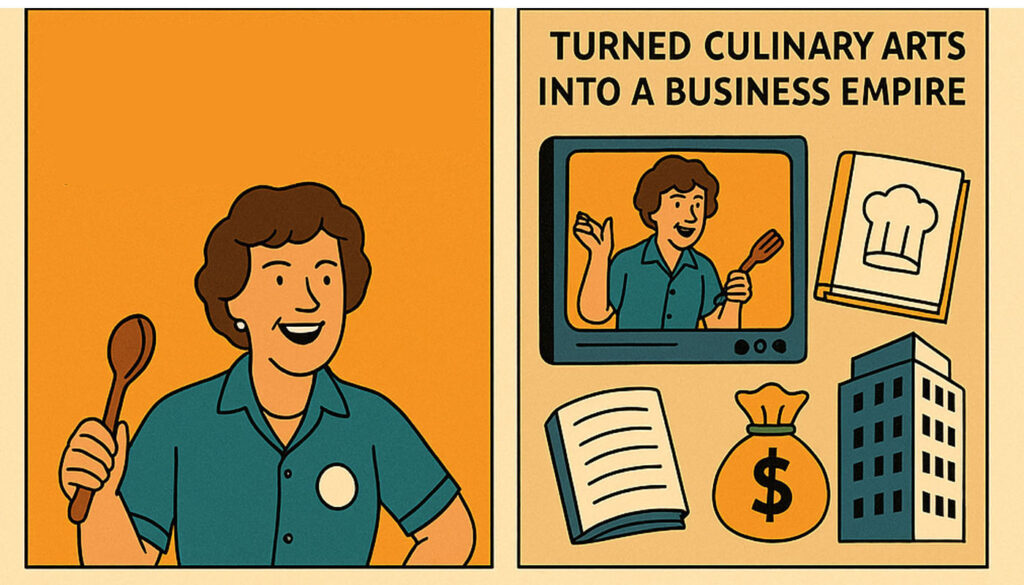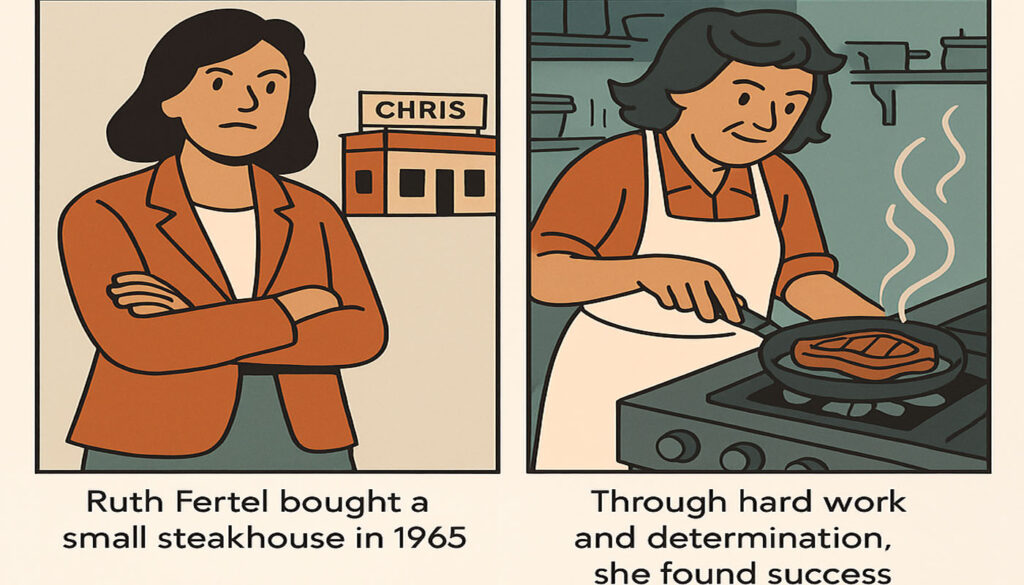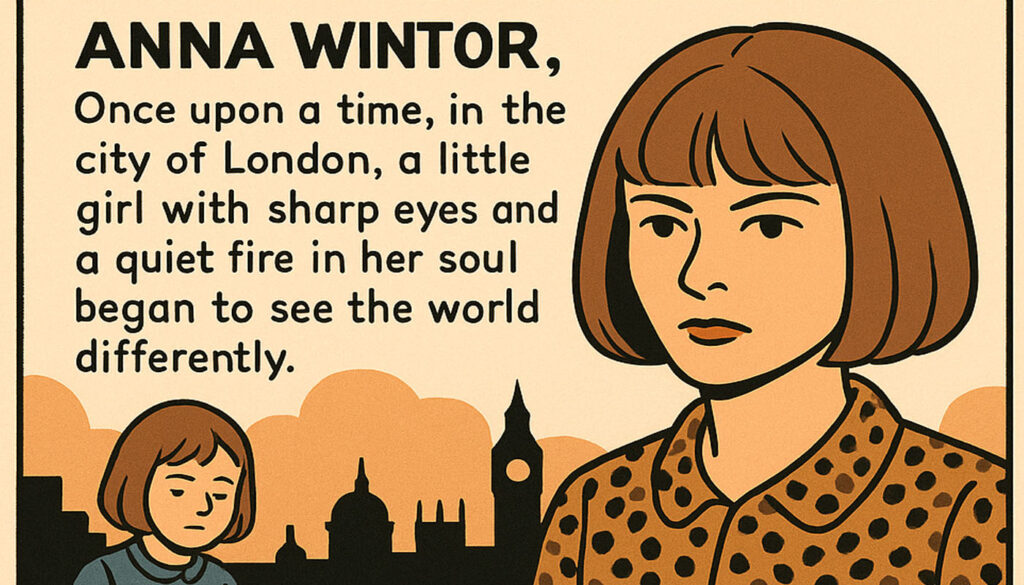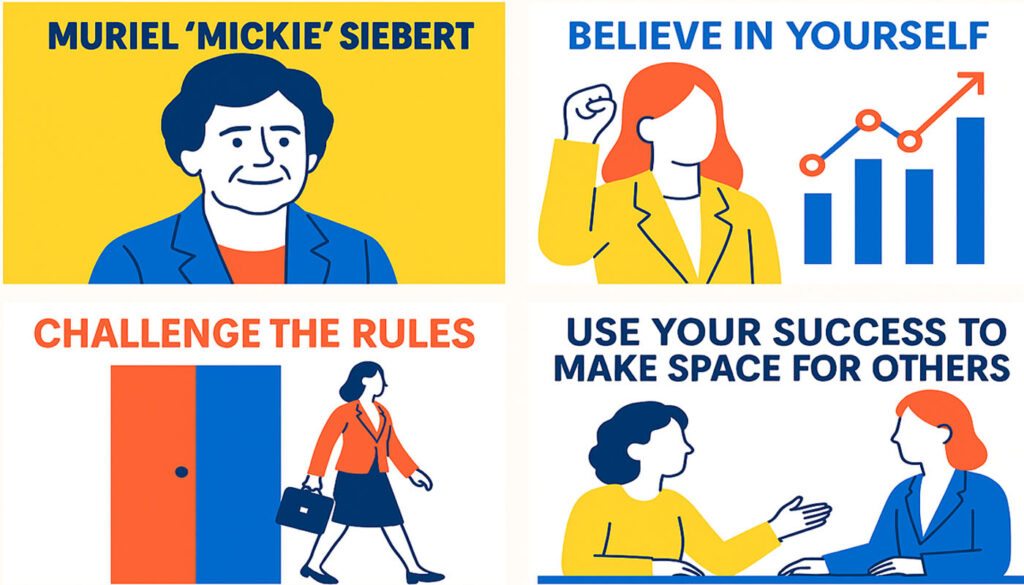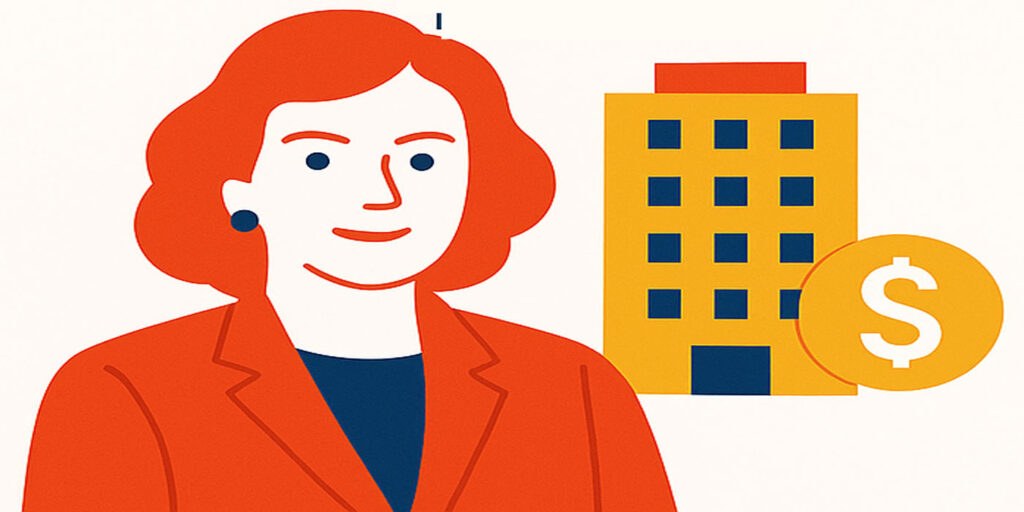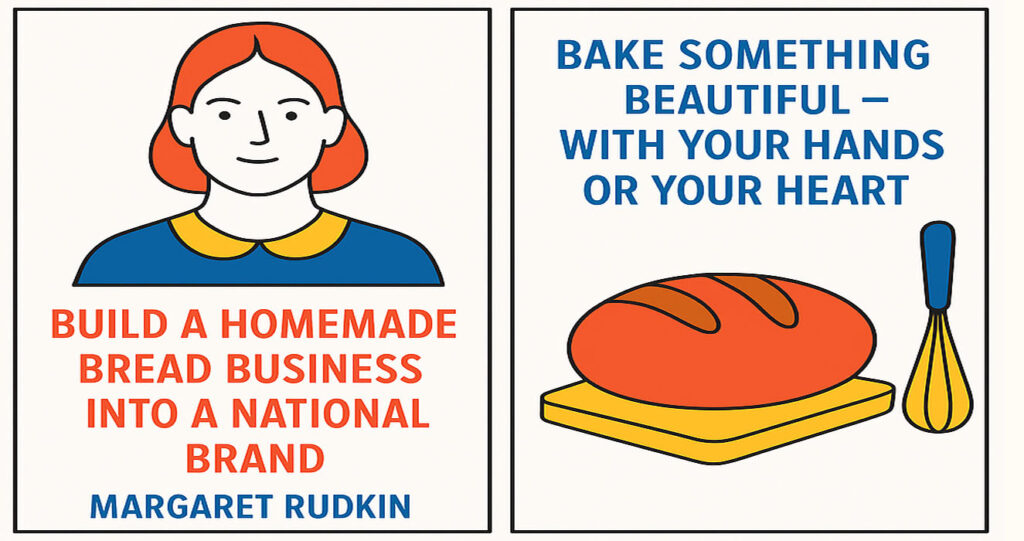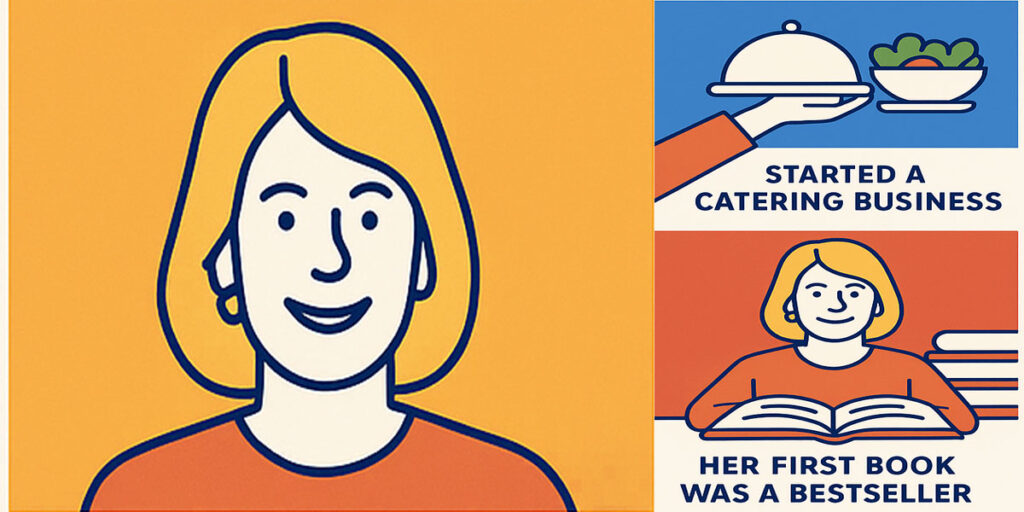Who is Marian Ilitch, and why is she an inspiring figure in business?
Marian Ilitch is one of the most remarkable women in American business history. She co-founded the global pizza brand Little Caesars with her husband, Mike Ilitch, and helped build it from a single store into one of the largest pizza chains in the world. But her story doesn’t stop at pizza. She became the head of a business empire that spans food, sports, entertainment, and casinos. She’s an example of how dedication, smart choices, and love for family can shape a lasting legacy.
Where did her journey begin?
Marian was born in Dearborn, Michigan, in 1933, and grew up in a hardworking, close-knit family. She learned the value of work and commitment early in life. From a young age, she was observant, responsible, and curious about how businesses worked. She didn’t come from wealth, but she had a wealth of drive, ambition, and heart.
How did she meet Mike Ilitch, her business partner and life partner?
Marian met Mike after he returned from military service. He had been a minor league baseball player, but he also had a dream of opening a pizza business. Marian shared his dream. Together, they opened their first pizza store in 1959. They called it Little Caesars, inspired by Marian’s nickname for Mike—her “Little Caesar.” That store was just the beginning of something extraordinary.
What made Marian Ilitch stand out in business?
She wasn’t just a co-founder. Marian handled the books, the finances, and the internal workings of the business. She made smart decisions, even in risky times. She was deeply organized, had a sharp memory, and believed in people. She hired wisely, treated employees with respect, and believed in teamwork.
Marian saw business as more than numbers—it was about trust, purpose, and community. She paid attention to small things: customer habits, employee satisfaction, and long-term growth. She believed in building systems, not just businesses.
How did Little Caesars become such a big name?
Through innovation, value, and persistence. Marian and Mike introduced the “Pizza! Pizza!” campaign, offering two pizzas for the price of one. This simple but smart idea made the brand stand out in the crowded pizza market. They were pioneers in carry-out service, long before it was common.
Marian ensured that stores were run efficiently. She believed in strong franchises, giving store owners the tools to succeed. By the 1980s and 1990s, Little Caesars had grown rapidly, with stores in countries all over the world. And through all that expansion, Marian kept her focus steady: make the brand dependable, affordable, and loved by families.
Did Marian only work in food business?
Not at all. While Little Caesars was growing, Marian and Mike expanded their business empire. They bought the Detroit Red Wings, a National Hockey League team, in the early 1980s, and turned it into a championship-winning powerhouse. Later, they purchased the Detroit Tigers baseball team. These weren’t just business decisions; they were emotional investments. They loved Detroit and wanted to give the city something to cheer for.
Marian also launched her own ventures. She founded Ilitch Holdings, the company that manages the family’s businesses. Under her leadership, Ilitch Holdings handled real estate, sports, food, and entertainment. She became the driving force behind new stadiums, arenas, and the restoration of Detroit’s downtown.
What role did she play in the casino business?
Marian saw potential in the gaming industry, particularly in Detroit, which was struggling economically. She founded MotorCity Casino Hotel in 1999. It became one of the top entertainment venues in Michigan. Unlike many casino owners, Marian focused on community benefit. She created jobs, brought in tourists, and helped Detroit’s image.
She made sure that the casino wasn’t just about gambling—it was about hospitality, dining, concerts, and local pride. Her leadership helped establish her as one of the few women in the casino and gaming industry at that level.
How did Marian balance business and family?
That’s where her brilliance shines even brighter. Marian always saw her family as her foundation. She raised seven children while growing a global business. She believed that family came first, and she passed on her values of hard work and kindness to all her children.
She didn’t treat her businesses like machines—she treated them like homes, filled with people, trust, and dreams. Marian built a family-centered business culture where loyalty, growth, and support were more important than speed or short-term wins.
Did Marian face challenges along the way?
Of course. No great story exists without difficulty. There were financial struggles, competitive pressure, and unexpected crises. But Marian faced all of them with calm courage. She believed that every problem was an opportunity to learn. She believed in patience, preparation, and faith.
One of the biggest challenges was the death of her husband Mike in 2017. They had built everything together, and his loss was deeply emotional. But Marian kept going, honoring his legacy by continuing their work. Her strength became a model for businesswomen around the world.
What is Marian Ilitch’s leadership style?
Marian leads quietly but powerfully. She doesn’t shout—she listens. She doesn’t rush—she prepares. She doesn’t control—she empowers. Her leadership is about vision and consistency. She pays attention to details but also sees the big picture. She trusts people and builds them up.
She’s a hands-on leader, but she never micromanages. She teaches by example. She believes that dignity, respect, and heart matter in every business decision. That’s why so many employees stayed with her for decades.
What is her net worth, and why is it important?
Marian became one of the wealthiest women in America, with her net worth reaching several billion dollars. But that’s not the most inspiring part. What matters more is how she earned it—with honesty, humility, and generosity.
She didn’t chase money—she chased purpose. The money followed because of her values. She reinvested in Detroit, supported education, helped charities, and gave people chances. Her success shows that wealth can be meaningful when it’s used to uplift others.
How has Marian helped other women in business?
By simply being who she is—a powerful woman who didn’t ask for permission. She broke barriers without making noise. She didn’t try to fit into a male business world—she created her own space.
She mentored young women, gave them roles in leadership, and showed that women can run billion-dollar businesses while raising families and staying grounded.
Marian became a symbol: You don’t have to be flashy to be powerful. You can lead with kindness. You can be elegant and effective. Her quiet strength inspired a new generation of women to rise.
What is her legacy today?
Marian’s legacy is deep and wide. She is a builder of brands, stadiums, cities, and hope. She helped turn Detroit into a symbol of revival. She created opportunities in places others had ignored. She believed in people when others didn’t.
Little Caesars is still a household name. MotorCity Casino is still thriving. The Red Wings and Tigers are still symbols of community pride. And Ilitch Holdings continues to grow.
But her greatest legacy is not buildings or balance sheets. It’s belief—the belief that anyone, regardless of background, can dream, build, lead, and succeed with honesty and love.
What can young entrepreneurs learn from Marian Ilitch?
A lot. Here are a few life lessons straight from her journey:
- Start small, but think big.
- Work with people you trust and love.
- Focus on value, not just profit.
- Stay grounded in your purpose.
- Respect everyone—employees, customers, partners.
- Don’t fear new industries; learn and lead.
- Build your business like a family—care deeply.
- Give back to your community.
- Lead by listening.
- Never stop believing in your dreams.
If Marian Ilitch could give one message to the world, what would it be?
She might say this: “Do your work with love. Treat people with respect. Build something that lasts. And don’t be afraid to be gentle—it’s the strongest kind of power.”
